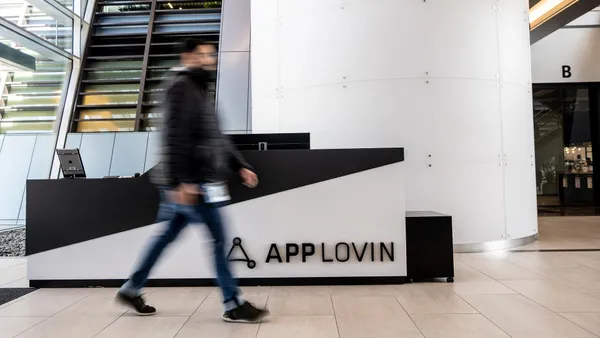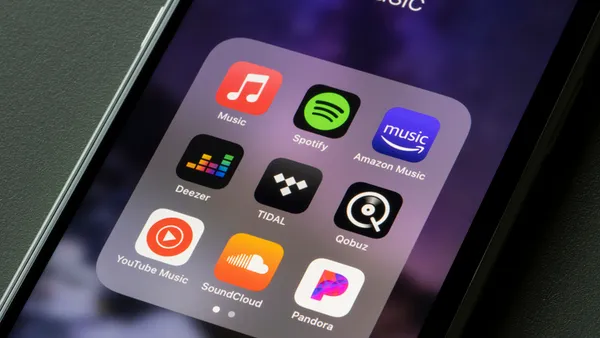Brief:
- Digital mapping company TomTom last week started offering free software tools to help developers add navigation features to their mobile apps, VentureBeat reported. TomTom provides 2,500 transactions — or data requests from a mobile device to the company's servers — for free each day, after which developers can pay $25 per 50,000 transactions, according to its pricing chart.
- TomTom's software development kit (SDK) has free maps and traffic information for Android and iOS platforms. More advanced features such as routing or searches have a different pricing tier, according to VentureBeat.
- TomTom also said chipmaker STMicroelectronics is connecting its software development tools to TomTom's Maps application programming interface (API) so that Internet of Things (IoT) companies can locate devices. Autonomous driving startup RideOS will pilot TomTom's traffic data and maps, while location-sharing app Zenly is using TomTom's routing data for its maps, per TechCrunch.
Insight:
TomTom's offer of free mapping data may entice more app developers to test out its service instead of relying on rivals like Google Maps, which dominates the navigation app space. Google in May announced changes such as a single pay-as-you-go plan that requires a credit card and a billing account for any kind of developer access to its Google Maps API. Those changes, which took effect on June 11, meant that many developers saw price hikes of as much as 1,400%, location technology blog Geoawesomeness found.
TomTom's update offers certain advantages to developers, such as not requiring a credit card number or billing information to gain access to its API. Heavy users of mapping data such as carmakers most likely won't benefit from the free pricing tier, but small businesses that want to add store locator maps or real-time traffic information to their apps likely won't have to pay for the data.
TomTom is undergoing a transition from a consumer electronics company that depended on sales of GPS devices and subscription revenue to a provider of software and data. That shift is evident in the company's earnings reports, as its sales to carmakers rose 6% in Q2 2018 from a year earlier while consumer revenue fell 24%. The strong demand from car companies that include infotainment systems in their newer models led TomTom to raise its sales outlook this year, signaling a potential boon as the year closes.











